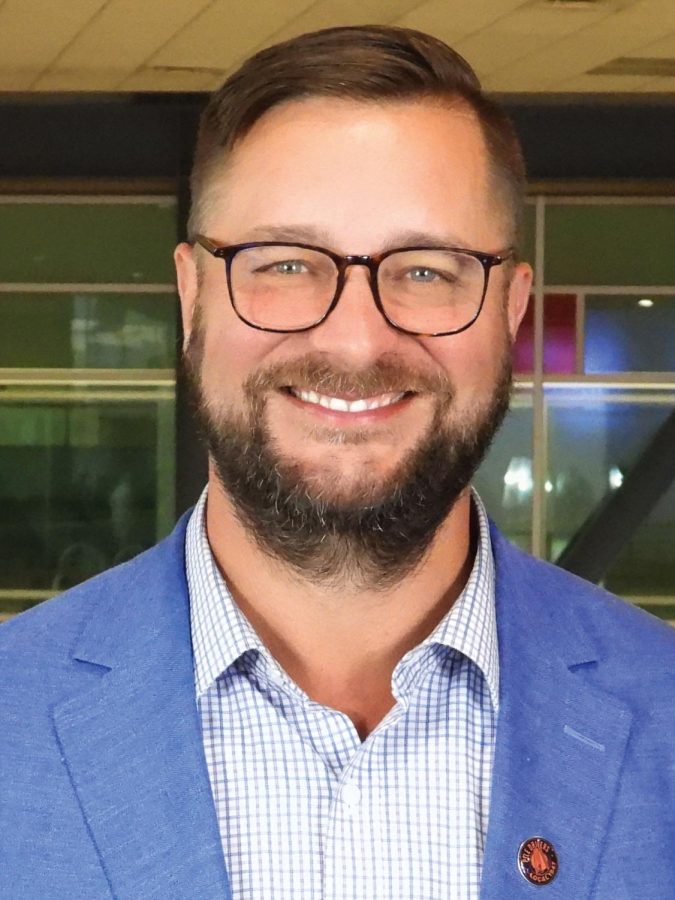Minneapolis Mayor Jacob Frey created a workgroup that will make recommendations for economic recovery, with plans to present its findings in early 2022.
The workgroup will have five meetings over the next three months to develop advice on economic recovery, development, the workforce and housing. Depending on group reports, the mayor may create new programs, policies or change the budget.
The group is made up of 26 people who are Minneapolis business owners, board members and prominent Minneapolis residents, such as P.J. Hill, the second vice president of the NAACP.
The economic recovery workgroup is one of three groups that will advise Frey on issues such as public safety and government structure.
The group hosted an introductory meeting Dec. 7, where they covered what has happened in the city’s economy since the pandemic began.
The focus of the group is to provide growth and opportunity for Minneapolis residents, said Adam Duininck, the co-chair of the group and director of government affairs for the North Central States Regional Council of Carpenters.
“We want to be in a place where employers are attracted to build great jobs,” Duinick said. “We want to be in a place where people want to live and work and find jobs on the worker side.”
Duininck said the workgroup will be looking at safely reopening businesses in downtown Minneapolis. The pandemic affected multiple job markets, causing many people in fields such as hospitality, retail and restaurants to lose their jobs.
Antonio Cardona, vice president of career readiness at the Project for Pride in Living, said he wants to use his experience to help people who lost their jobs during the pandemic.
“Those are jobs that have high concentrations of people of color, and those are not the jobs that are coming back,” Cardona said. “[We’re looking at] how do we match people with whatever the new jobs are, and understand what the skills are that they are prepared with.”
The group will be looking to create jobs in the Minneapolis market while adopting an inclusive economic recovery plan in neighborhoods most affected by the pandemic.
Anisha Murphy, a member of the Community Now Coalition and the economic recovery workgroup, said her goal is to create tangible initiatives and to ensure the work of the group moves forward after they are done meeting.
“My biggest thing is advocating for the voices of the marginalized and making sure that their voices are heard as these economic inclusive policies, programs, get passed,” Murphy said. “Black and brown folks, Indigenous folks, our inclusion doesn’t look the same as our white counterparts. It has never looked the same.”
Andrea Brennan, director of the Department of Community Planning and Economic Development for Minneapolis, said rebuilding was an important part of inclusive economic recovery.
“We think about not rebuilding where we were before, but rebuilding in a way that is strategic and leads to transformative change in reducing the racial disparities that exist in our city,” Brennan said.













